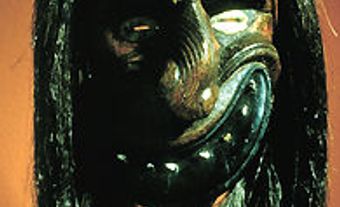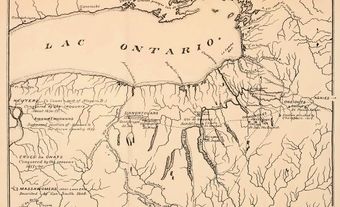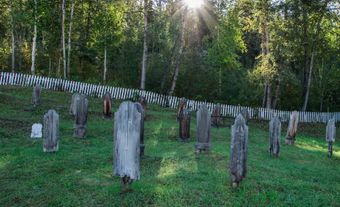Unitarians
Unitarians, adherents to a religious movement which originated in 16th-century Europe and whose members profess a holistic approach to religion. This has been theologically expressed in an emphasis upon the undivided unity of God, though many Unitarians now prefer to use nontheological language. The movement began within CHRISTIANITY but now brings together people from various religious traditions in a spirit of unity in diversity. Individual responsibility for faith and action is stressed, as are reason and personal experience as guides. Most early Unitarians in Canada came from Britain, though New Englanders constituted a strong influence in Montréal, where the first congregation was established in 1832.
Throughout the 19th century this remained Canada's leading congregation, including in its membership such prominent politicians and merchants as Sir Francis HINCKS, John Young, Adam Ferrie and Luther Holton. Joseph WORKMAN, Canadian pioneer in psychiatry, was one founder of the Toronto congregation in 1845. Later a Unitarian movement developed among Icelandic settlers in Manitoba.
The tradition of progressive leadership in social and cultural life continued in the 20th century, so that Unitarian influence on politics and society grew more rapidly than membership. Each of the 47 local societies (1996) is autonomous and is democratically organized, but in 1961 the Canadian Unitarian Council was formed to supplement denominational ties with the American and British movements. Worldwide links are maintained through the International Council of Unitarians and Universalists. The 1991 census reported 16 535 Unitarians in Canada.

 Share on Facebook
Share on Facebook Share on X
Share on X Share by Email
Share by Email Share on Google Classroom
Share on Google Classroom


